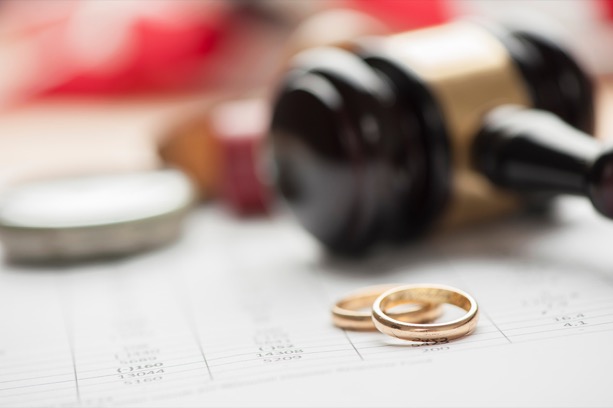Divorce and Bankruptcy: Which Comes First?

If you are contemplating filing for bankruptcy and divorce, then timing can be critical. Read on to learn more about whether it makes sense to file for bankruptcy before or after a divorce.
How Can Bankruptcy and Divorce Affect Each Other?
In general, bankruptcy takes precedence over your divorce. Filing for bankruptcy during a divorce can delay the distribution of assets and liabilities until the bankruptcy is completed. In other words, you have to finish your bankruptcy before a divorce can be finished. As a result, there is no real way to “do them at the same time.” Also, bankruptcy handles debts tied to a person’s name or social security number. Therefore, it can affect how debts are treated in your divorce. Finally, bankruptcy courts treat your income differently depending on whether you are married, separated, or divorced when the case is filed.
Why File for Bankruptcy First?
If you and your spouse are on good terms, then consider a bankruptcy before the divorce. By filing jointly, all debts will be addressed under one bankruptcy case. You can wipe out your joint debts together and may also be able to increase your exemption amounts. This is also helpful if one spouse makes all the money because it will increase the chance of qualifying for a Chapter 7 for that spouse. Bankruptcy will also eliminate contracts that neither one of you wants, like car loans that cost too much or mortgages on houses that are completely underwater.
If you qualify for a Chapter 7 bankruptcy, then you should finish in about 90 days. Therefore, you and your spouse can eliminate unsecured debt which takes away the fight over debt.
Warning, if you and your spouse file for a Chapter 13 bankruptcy then you are both responsible for the repayment plan. You may also be prevented from dividing assets by sale.
After the bankruptcy is completed, then divorce will proceed without any further delay from bankruptcy.
Why File for Divorce First?
Filing for divorce first might make sense if your joint income is too high to qualify for Chapter 7 bankruptcy. For example, if you make significantly less than your spouse then you may be able to qualify for a Chapter 7 to get rid of debt in your name without a Chapter 13 payment plan. In some cases, both spouses may qualify for Chapter 7 bankruptcy individually after a divorce even if they could not do it jointly.
Proper planning in a divorce may also move certain assets outside of the trustee’s influence. For example, if one spouse takes a house in the divorce, a proper judgment with the proper transfer of title/mortgage can protect the ex-spouse from your creditors.
Finally, by divorcing first, it will allow for support considerations. For example, if you will owe a lot of support, then it will help to know that amount before the bankruptcy. Specifically, the support can affect how your bankruptcy will proceed. Nothing is worse than having a bankruptcy repayment plan based on income you do not have access to.



